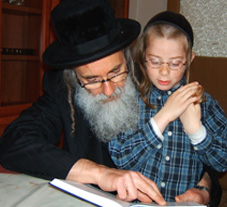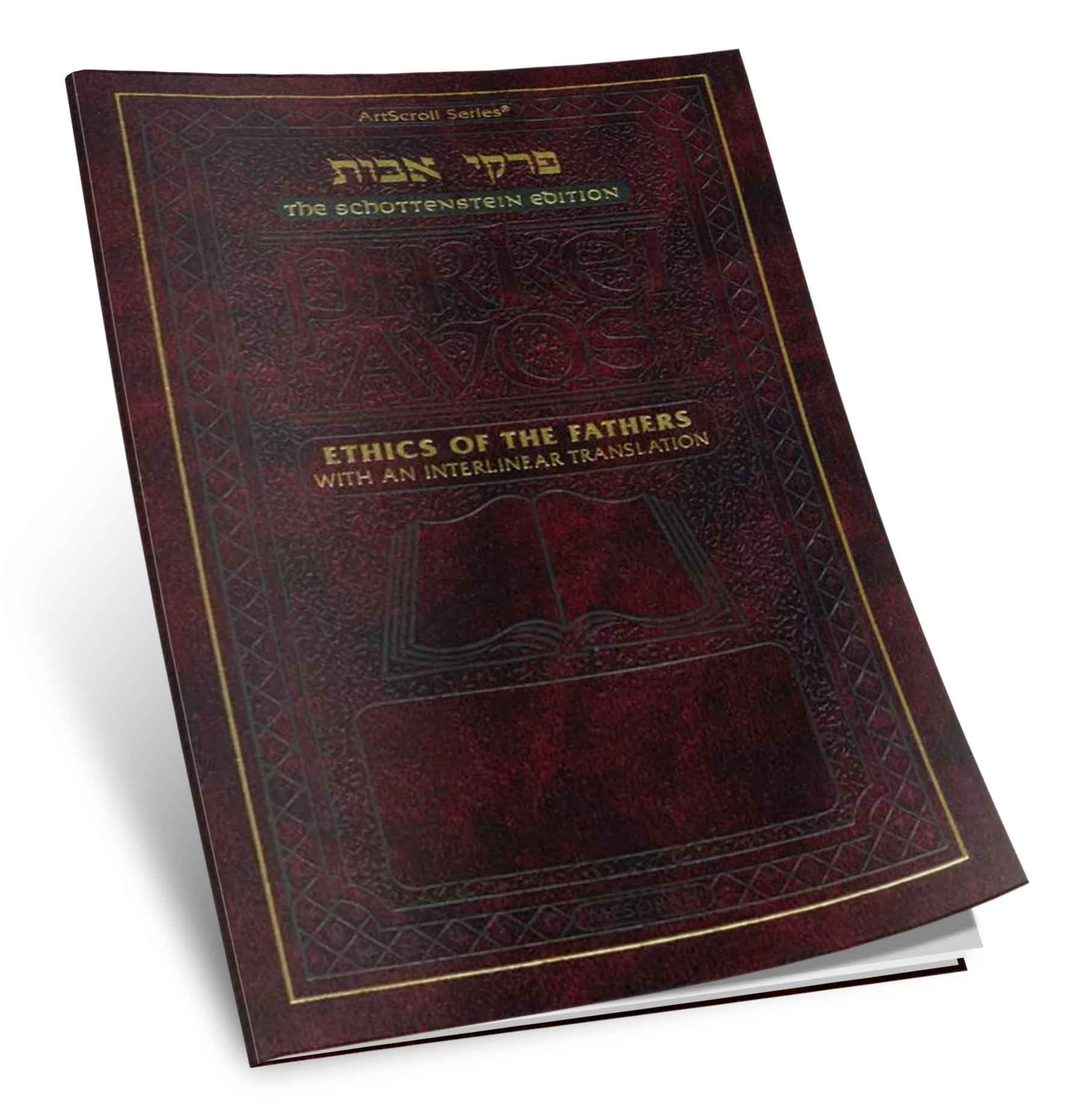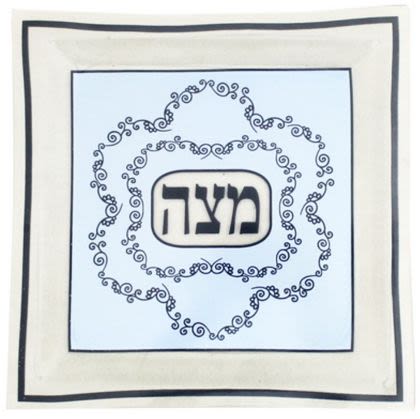
The Mitzvah of “VeShinantam”
Many parents believe that since they pay taxes or tuition, it's the teacher's obligation to educate their child, while they are absolved of all responsibility...

Translated by Rabbi Lazer Brody
In the Kriyat Shema prayer we say, VeShinantam – this is the mitzva of teaching our children. Literally, it means, “And you shall repeat them to your children…”
We repeat the above verse at least three times daily, reminding ourselves of this tremendously important mitzva. It is not an accident that the Creator decreed that we recite the Shema both night and day. There is an important message here.
Usually the word for ‘and you shall repeat them’ or ‘and you shall teach them’ means the mitzva of teaching children knowledge and Torah on the most basic level. That is why we erroneously think it is sufficient to just send the children to school. We think that by doing so, we have fulfilled our obligation to ‘repeat them  to your children.’ Practically, however, ‘and you shall repeat them to your children’ refers to everything said in the Kriyat Shema. We must teach our children the inner dimension of the Torah and of life: Love for Hashem, serving Him with all our heart, not succumbing to pride, and not following after one’s heart and eyes (related to personal holiness). The father is commanded to speak about these matters with his children: ‘…and you shall speak of them’, instilling this inner–dimension message within them.
to your children.’ Practically, however, ‘and you shall repeat them to your children’ refers to everything said in the Kriyat Shema. We must teach our children the inner dimension of the Torah and of life: Love for Hashem, serving Him with all our heart, not succumbing to pride, and not following after one’s heart and eyes (related to personal holiness). The father is commanded to speak about these matters with his children: ‘…and you shall speak of them’, instilling this inner–dimension message within them.
So we see that the mitzvah to teach our children, on all planes, is directly from the Torah and incumbent upon parents. With the Shema, parents are reminded of the fundamental importance of this mitzva several times every day, as doing so is Hashem’s will. This includes everything described in the Kriyat Shema prayer, not just the basic meaning of teaching oral and written Torah, but also the Torah’s internal, moral dimension.
The Kriyat Shema prayer is likened to a letter from the king to his subjects. It must be read as a directive and we must accept and fulfill every word written in it. For this reason, both father and mother must speak with their children about positive character traits, love of Hashem, humility, personal holiness and more. All of this is included in the mitzvah of “And you shall repeat them to your children and you shall speak of them…”
Today, unfortunately, many parents believe that sending the children to religious school or a Talmud Torah is enough. Perhaps if the parents are considered people who invest a lot in their children’s education, they will go over the schoolwork with their child. The parent may believe that he hired the teachers with his money, and so it is their obligation to educate his child, while he himself is absolved of all responsibility. But this is not the full truth. Even though a teacher is obligated to do all that he can to instill in his pupils proper content and life guidance – the true wisdom of Torah ideals and ethics – he cannot replace the child’s parents. He simply provides technical assistance, as in most cases the parents cannot sit with their children to teach them the Torah of life on a full-time basis.
It is very important for parents to understand this point: Nobody in the world can give a child what his parents can give him. Both the obvious and subliminal messages that the parents transmit to child – be it through their personal conduct or their intentional influence on the child – is what penetrates deeply and influences his emotional and spiritual development. This is especially true because the parents are the primary educators; they are the first image engraved on the child’s psyche at the very beginning of his life. Their conduct and the atmosphere that they create are the building blocks for the rest of the child’s years. Additionally, children are with their parents during the times that most influence their lives: Shabbat, holidays, vacations, family trips, and the like. These times are the most opportune to teach good qualities, industriousness, orderliness, sharing, and a true connection to Hashem.
Thus we see in the Torah a number of examples of parents’ influence on their children. The Zohar relates why the Torah called Bathsheba the mother of King Solomon. Why wasn’t his father referred to as such? This comes to teach us that Bathsheba made Solomon into the great man that he was. She treated him with loving and devoted strictness, as we see in Proverbs 31:1: The words of King Lemuel; the burden wherewith his mother corrected him.
The Zohar explains that “his mother” is referring to Bathsheba, the mother of King Solomon, who would treat him with no lenience, knowing that she was raising the future King of Israel. In her merit, King Solomon achieved his lofty status (Zohar Chadash). Your child can undoubtedly achieve a lofty status too, but you must take an active role in his education. May Hashem help you succeed!












Tell us what you think!
Thank you for your comment!
It will be published after approval by the Editor.